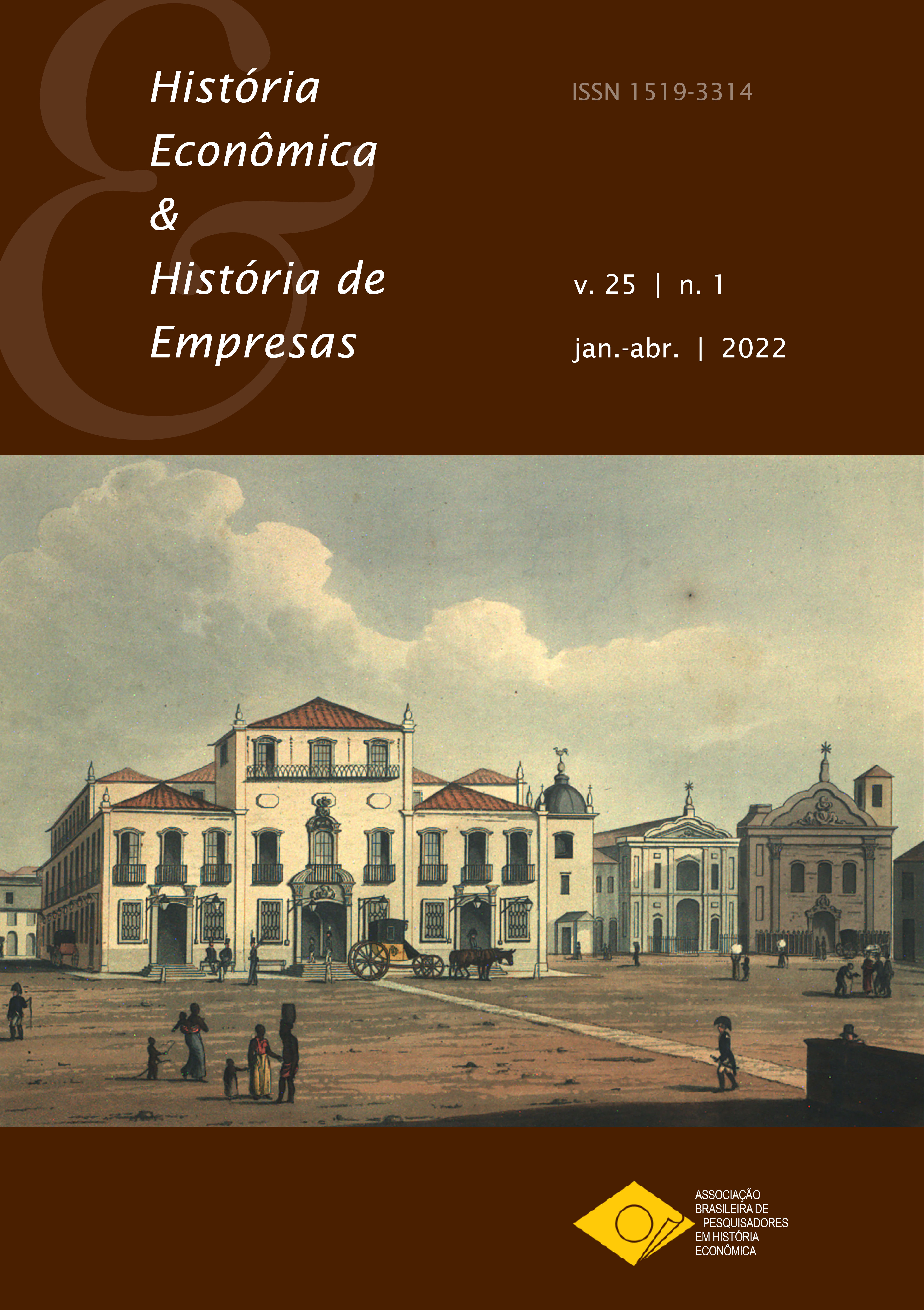Os caminhos da riqueza: “Nova Agricultura”, Fisiocracia e Filantropia – uma economia agrária para o Brasil
DOI:
https://doi.org/10.29182/hehe.v25i1.869Resumo
O texto apresenta questões para a compreensão de premissas de uma “Nova Agricultura”, ao final do século XVIII e início do XIX, preconizada pelo pensamento iluminista tardio. Discutidas como alternativas de desenvolvimento para as nações, as opções econômicas versam sobre uma economia agrária, baseada em concepções científicas, sociais e intelectuais, discutidas em um círculo de pensadores, testadas nas práticas de experimentos e por edições de textos destinados à formação técnica dos agricultores. “Sem livros não há instrução” é o lema de Frei José Mariano da Conceição Veloso, editor da Casa Literária do Arco do Cego (1799-1801). Em diálogo com os pensamentos da Fisiocracia e de seus críticos, da Filantropia e sustentados por uma ideia franciscana de “natureza”, ele e seu círculo lisboeta, efetivam traduções e produção de textos específicos para a realidade da América portuguesa, que Frei Velloso julga bem conhecer.
Downloads
Downloads
Publicado
Como Citar
Edição
Seção
Licença
Os autores mantêm os direitos autorais sobre o trabalho, concedendo à revista apenas o direito de sua primeira publicação. Além disso, têm autorização para assumir contratos adicionais separadamente para a versão do trabalho publicada nesta revista, desde que reconhecida a publicação inicial neste periódico.





